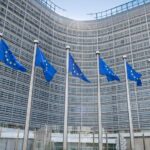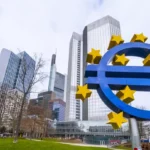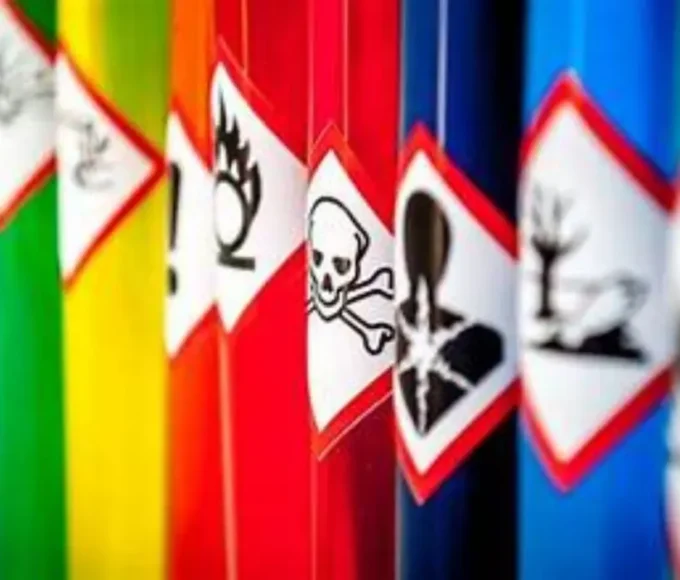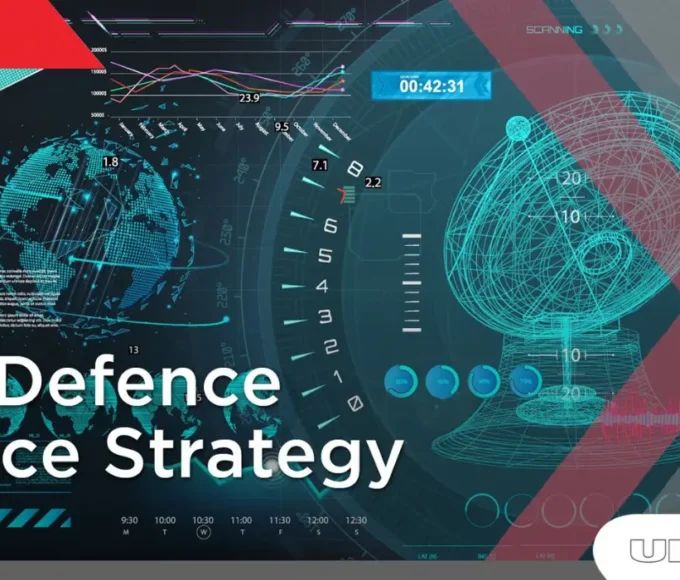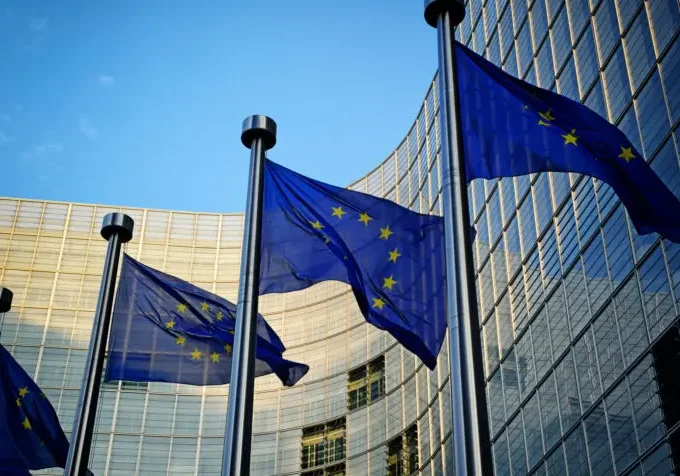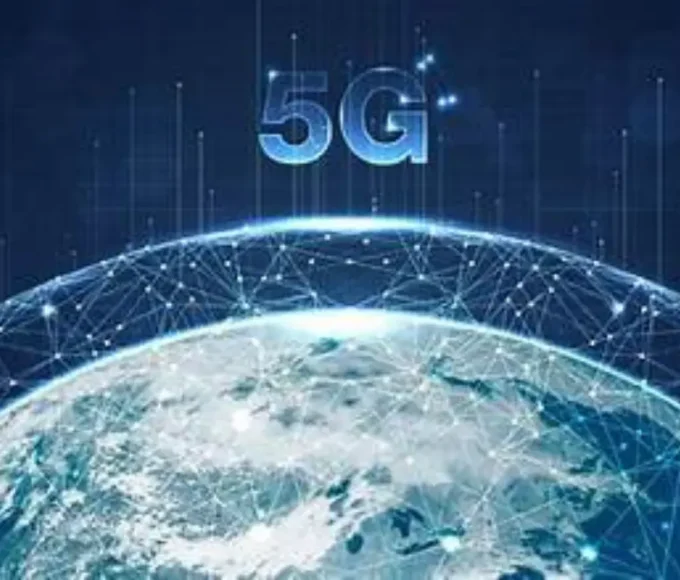The EU is expected to push for Seoul to send ammunition directly to Ukraine during a visit by European Council President Charles Michel and European Commission President Ursula von der Leyen to the country later this month.
The two EU leaders are expected to meet South Korean President Yoon Suk Yeol in Seoul next Monday (May 22) for the regular EU-South Korea summit.
In particular, they should ask South Korea to be more open about sending ammunition and other military equipment to Ukraine. So a senior EU official told EURACTIV.
Over the past few weeks, the ammunition issue has gained prominence as Ukraine prepares for its counteroffensive in the southeast of the country.
The EU has planned to increase its ammunition production, but as this is expected to take several more months, Ukraine’s European allies are now turning to South Korea to provide military aid to Kiev.
A Short Term Solution
“South Korea has the capacity to provide short-term ammunition,” Ramon Pacheco Pardo, president for Korea of the Center for Security, Diplomacy and Strategy at the Free University of Brussels (VUB), told EURACTIV. .
Since “stockpiles are low in the EU and the US, they are looking to South Korea for short-term ammunition, not only to replenish their stocks, but also to supply Ukraine directly” , explained Mr. Pacheco Pardo.
In addition, “ammunition manufactured in Korea is compatible with NATO standards”, and therefore with a large number of equipment used by the Ukrainian armed forces, he added.
Although Seoul’s production capacities have filled EU member states’ stocks depleted by deliveries to Kyiv, member states are not allowed to donate them to Kyiv.
“From a legal point of view, South Korea claims that it is not possible for it to supply [ammunition] to a country involved in a war”, explained Mr. Pacheco Pardo.
According to recent US intelligence leaks, another option would be for Seoul to sell the equipment to an EU member state, which would then donate it, as Poland has done, for example.
However, “even if South Korea declares that it will supply Ukraine directly, the equipment will have to go through Poland”, which is the hub for military aid deliveries to Kiev, said Mr. Pacheco Pardo.
“The decision-making process would be faster because it would be handled directly, although South Korea already knows what Ukraine wants,” he added.
The EU Wants to Play a Role
The impact of the EU should be rather small, “because the United States has already discussed this issue with South Korea, although not publicly — and the United States is a military ally, while the EU is a partner”, underlined Mr. Pacheco Pardo.
However, there is a “political argument” to be made, which is “important” both for the Europeans and to show their support for the Ukrainians, he said.
NATO Secretary General Jens Stoltenberg, visiting Seoul in January, said it was “urgent to provide more ammunition and weapons to Ukraine, otherwise it will not be able to resist the Russian invaders and repel Russian aggression”.
“What happens in Europe is important for the Indo-Pacific,” Stoltenberg said, adding that ultimately it was up to Seoul to make the decision.
In April, Polish Prime Minister Mateusz Morawiecki confirmed to the New York Times that European leaders had “talked to South Korea about delivering arms and ammunition”. However, he explained that he did not think it was possible to change Korea’s mind on the issue without the intervention of the United States.
Indeed, according to him, “South Korea fears the reaction of Russia and China”.
Global Considerations
For Seoul, the dilemma of delivering ammunition to Ukraine hinges on its desire not to set a dangerous precedent.
Even though selling to a country at war is prohibited, “I think if a company or the government decided to supply [ammunition] to Ukraine, I don’t think anyone would sue them,” Mr. Pacheco Pardo.
However, “if South Korea were to change its policy, other countries in the world would ask: why not me? “. Therefore, “ this sets a precedent: any other country at war would ask for the same thing ”, he continued.
This article is originally published on euractiv.fr




